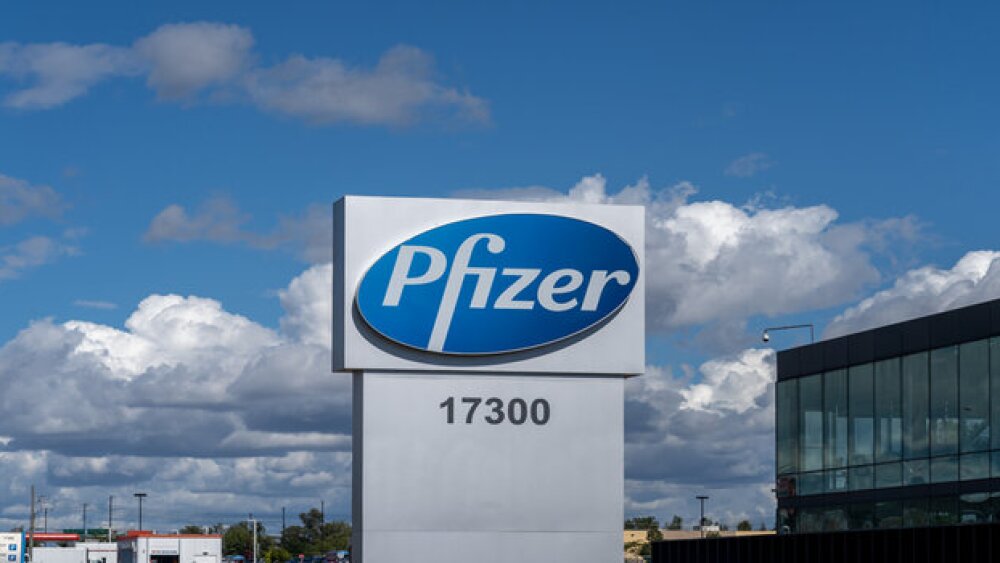Q Biomed announced today that Dr. Helen Tager-Flusberg from Boston University has joined its advisory committee for QBM-001, which is being tested for pediatric developmental nonverbal disorder in toddlers within the autism spectrum disorders.
Autism Language Expert Provides Primary Endpoint Protocol for Upcoming Clinical Trial |
| [28-November-2017] |
|
NEW YORK, November 28, 2017 /PRNewswire/ -- Q Biomed Inc. (OTCQB: QBIO), a biotechnology acceleration company, announced today that Dr. Helen Tager-Flusberg from Boston University has joined its advisory committee for QBM-001, which is being tested for pediatric developmental nonverbal disorder in toddlers within the autism spectrum disorders. Dr. Tager-Flusberg has provided the protocol for capturing the primary endpoint of the planned trial for QBM-001. "We are honoured to have Dr. Helen Tager-Flusberg join our advisory committee for QBM-001. She is a pioneer in her field, working with autism spectrum disorders to design speech and language assessment measures to capture their progress," said, Denis Corin, CEO of Q BioMed Inc. Dr. Tager-Flusberg has dedicated much of her career to developing meaningful approaches to assess expressive language development in toddlers and children with developmental delay and autism spectrum disorders. Her newest approach is called ELSA-T, which stands for Expressive Learning Sample Assessment for Toddlers. ELSA-T leverages validated components for language development, combined with more flexibility with the protocol to better adapt to the needs of a clinical trial and to the needs of caregivers and patients. "Communication matters for all people," said Dr. Helen Tager-Flusberg. "And for me, it is all the more inspiring to be able to help design language assessment tools, such as ELSA-T, to assess speech and language development for toddlers with pediatric developmental delay in the autism spectrum disorder." Q BioMed is preparing to use ELSA-T to capture language development as the primary endpoint for when toddlers are treated with QBM-001 in their planned clinical trial in 2018. About Pediatric Development Nonverbal Disorder There are approximately 20,000 new cases of pediatric developmental nonverbal disorder in the USA each year and a similar amount in Europe. The majority of the children are diagnosed as toddlers and fall within the autism and epilepsy spectrum disorders. Individually, the economic costs for toddlers that become non- or minimally verbal is ten million on average per person over their life. Collectively, an estimated 200 billion dollars is spent yearly on individuals who have become nonverbal in the USA. Not all individuals who become nonverbal will benefit from QBM-001, but testing from a trained specialists and blood tests, coupled with genetic testing can identify a targeted population that will have a higher likelihood of responding to treatment. About ELSA-T Eliciting Language Samples Activities for Toddlers or ELSA-T takes advantage of an approach that is widely used in the developmental psycholinguistic literature: the collection and analysis of natural language samples (NLS) which are recordings of the language production of an individual. The specific elicitation context can vary: a play session, a conversation, a narrative; the communicative partner can also be open: a parent, clinician, teacher, peer, or researcher. The duration of the sample can be adjusted to the specific aims of a study, through a sample of 15 - 30 minutes offers more robust measurement. The specific location where data are collected can also be tailored: at home, school, clinic or lab. Thus, the flexibility associated with the collection of NLSs makes them especially suitable for clinical trials on children with autism spectrum disorders and other disorders. Boston University Center for Autism Research Excellence (CARE) CARE's primary mission is to advance scientific knowledge about the language and social communication impairments in autism/ASD and related disorders. We carry out studies on all ages using behavioral, brain, and cognitive measures. The goal is to understand the range of abilities, the developmental patterns, and the brain systems that may explain why people with autism have difficulties communicating with spoken language. Our research is aimed at developing new interventions that directly address the communication problems that we discover. For more information, visit: https://www.bu.edu/autism About Q BioMed Inc. Q BioMed Inc. "Q" is a biomedical acceleration and development company. We are focused on licensing and acquiring undervalued biomedical assets in the healthcare sector. Q is dedicated to providing these target assets; strategic resources, developmental support, and expansion capital to ensure they meet their developmental potential, enabling them to provide products to patients in need. Forward-Looking Statements: This press release may contain "forward-looking statements" within the meaning of Section 27A of the Securities Act of 1933 and Section 21E of the Securities Exchange Act of 1934. Such statements include, but are not limited to, any statements relating to our growth strategy and product development programs and any other statements that are not historical facts. Forward-looking statements are based on management's current expectations and are subject to risks and uncertainties that could negatively affect our business, operating results, financial condition and stock price. Factors that could cause actual results to differ materially from those currently anticipated are: risks related to our growth strategy; risks relating to the results of research and development activities; our ability to obtain, perform under and maintain financing and strategic agreements and relationships; uncertainties relating to preclinical and clinical testing; our dependence on third-party suppliers; our ability to attract, integrate, and retain key personnel; the early stage of products under development; our need for substantial additional funds; government regulation; patent and intellectual property matters; competition; as well as other risks described in our SEC filings. We expressly disclaim any obligation or undertaking to release publicly any updates or revisions to any forward looking statements contained herein to reflect any change in our expectations or any changes in events, conditions or circumstances on which any such statement is based, except as required by law.
Contact:
Denis Corin
CEO
Q BioMed Inc.
+1-888-357-2435
SOURCE Q BioMed Inc. |
||
Company Codes: OTC-PINK:QBIO, Bloomberg:QBIO@US, RICS:QBIO, ISIN:US74736N1054, OTC-BB:QBIO, OTC-QB:QBIO, OTC-QX:QBIO, OtherOTC:QBIO |




